Despite contributing so much to the world, many female scientists have failed to receive the acclaim that should have been theirs. Here are just some of the most important.
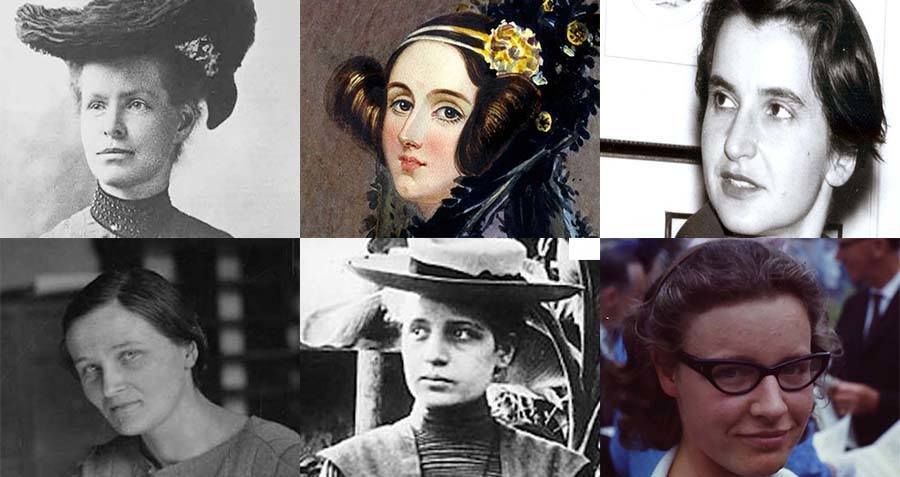
Today the world celebrates International Women’s Day — first observed by the United Nations in 1975 — which commemorates the achievements and contributions of women throughout history.
As you will see, however, many of these achievements have been obscured, some due to men taking credit for them, others simply due to the fact that prevailing social attitudes didn’t deem women’s contributions as notable. In the following pages, we look at six brilliant women scientists who did not receive the recognition they deserved.
History’s Overlooked Female Scientists: Jocelyn Bell Burnell
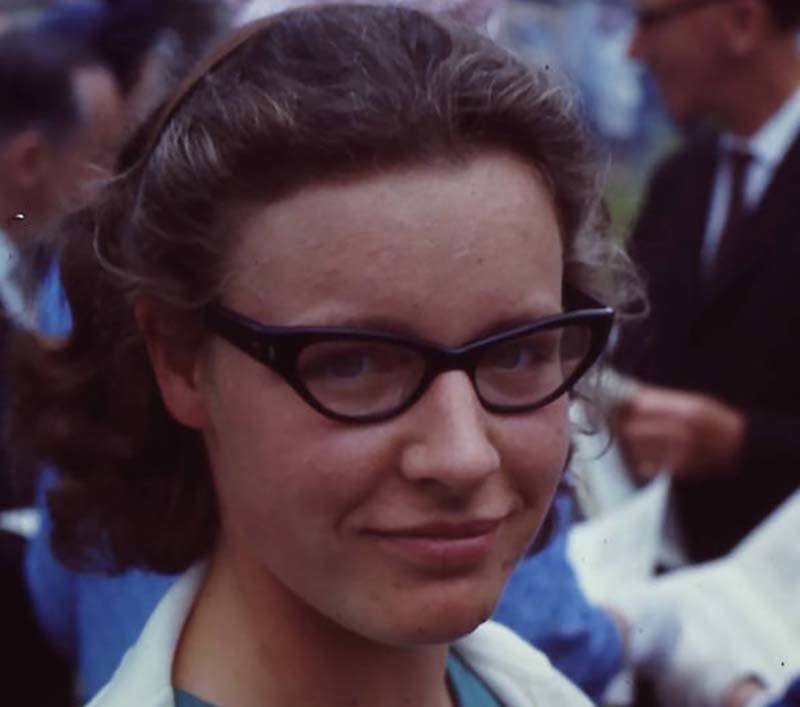
Jocelyn Bell Burnell, the discoverer of pulsars. Wikimedia
The Irish astrophysicist started studying astronomy after her father, an architect, designed a planetarium in Northern Ireland. A few years later, in 1969, she would receive her PhD at Cambridge. While there, she helped build a telescope that would enable her to discover radio pulsars – the leftovers of massive stars.
These pulsars proved that massive stars did not just explode, but left spinning stars behind them, and Burnell was the first to observe and analyze them. Along with her peers, her name appeared on the academic publication which disclosed their discoveries. And yet, it was her supervisor, Antony Hewish, along with colleague Martin Ryle, who received the 1974 Nobel Prize.
Burnell’s Nobel snub ignited a rash of outrage. Burnell’s response, however, was more measured. Said Burnell of the subject in 1977:
“There are several comments that I would like to make on this: First, demarcation disputes between supervisor and student are always difficult, probably impossible to resolve. Secondly, it is the supervisor who has the final responsibility for the success or failure of the project. We hear of cases where a supervisor blames his student for a failure, but we know that it is largely the fault of the supervisor.
It seems only fair to me that he should benefit from the successes, too. Thirdly, I believe it would demean Nobel Prizes if they were awarded to research students, except in very exceptional cases, and I do not believe this is one of them. Finally, I am not myself upset about it — after all, I am in good company, am I not!”
Ada, Countess of Lovelace

Ada Lovelace, an early computer programmer. Image Source: Wikipedia
Anne Isabella Byron feared that her daughter, Ada, would follow the troubled literary footsteps of her father, Lord Byron, and pressured her daughter to devote her life to the decidedly unpoetic world of mathematics.
Ada Lovelace did just that, becoming the first person to write about computer programming and develop a very early version of a computer — all the way back in the early 19th century. She even went on to explain how machines and programming would aid in solving mathematical problems, and how these machines would be able to create music and understand words.
As Walter Issacson writes in The Innovators, “The reality is that Ada’s contribution was both profound and inspirational. More than … any other person of her era, she was able to glimpse a future in which machines would become partners of the human imagination.”
Despite this profound influence, her name receives relatively little attention when it comes to the history of computing.
Rosalind Franklin
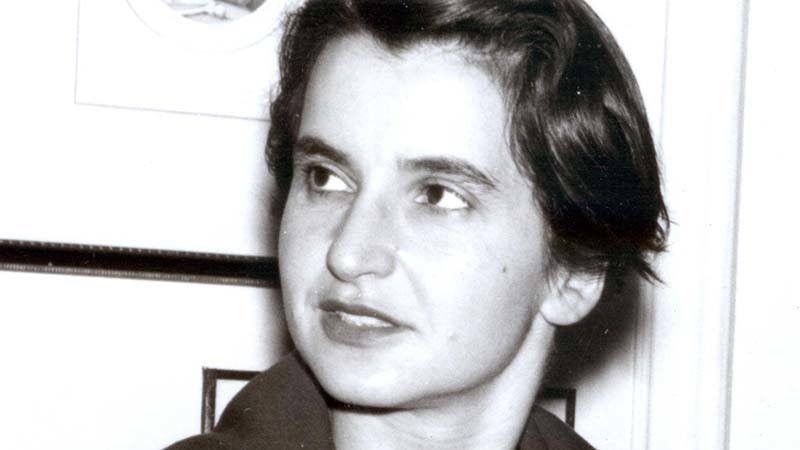
Rosalind Franklin was a critical actor in isolating DNA. Image Source: Wikimedia
Franklin was the first person to take a picture of DNA’s structure, which we today know as the double-helix. The British scientist did so via a process called X-ray diffraction. Franklin’s photos of the helix were taken without her permission, The Scientific American reports, and shown to scientists Francis Crick and James Watson, who published it in a 1953 edition of Nature with no more than a footnote for Franklin.
Debate still abounds as to how critical Franklin’s photo was — and if it was indeed stolen from her. In any case, she would never live to see Watson and Crick receive their Nobel Prize. Franklin died from cancer in 1958, possibly due to her work with X-rays.
Lise Meitner, The First Steps To The Atomic Bomb
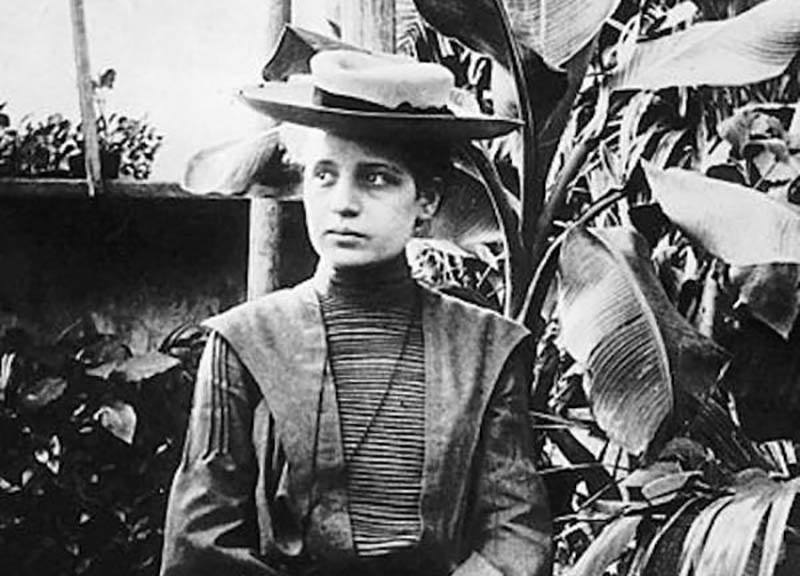
Lise Meitner, the scientist who made inroads for the development of the atomic bomb.
Not only did this Austrian scientist work alongside chemist Otto Hahn for 30 years to discover nuclear fission – work which brought us the atomic bomb – she did part of it while fleeing the Nazis. As the Nazi party gained power in Germany, resulting in the loss of her professorial appointments due to anti-Jewish race laws, Meitner abandoned her home for Sweden, where she continued her work on nuclear fission.
And yet, only Hahn was honored with a 1944 Nobel Prize, despite the fact that they had discovered nuclear fission together (and were both nominated). In a letter following the event, Meitner wrote,
“Surely Hahn fully deserved the Nobel Prize for chemistry. There is really no doubt about it. But I believe that Otto Robert Frisch and I contributed something not insignificant to the clarification of the process of uranium fission—how it originates and that it produces so much energy and that was something very remote to Hahn.”
When the Nobel Committee’s proceedings became public in the 1990s, the American Physical Society journal Physics Today reviewed them to ascertain just how it was possible for her name to be neglected.
“It appears that Lise Meitner did not share the 1944 prize because the structure of the Nobel committees was ill-suited to assess interdisciplinary work,” the journal wrote. “Because the members of the chemistry committee were unable or unwilling to judge her contribution fairly; and because during the war the Swedish scientists relied on their own limited expertise. Meitner’s exclusion from the chemistry award may well be summarized as a mixture of disciplinary bias, political obtuseness, ignorance, and haste.”
While Meitner didn’t receive a Nobel Prize, she did at least receive an element on the Periodic Table: Meitnerium, or Mt, atomic number 109.
History’s Most Brilliant Female Scientists: Cecilia Payne-Gaposchkin
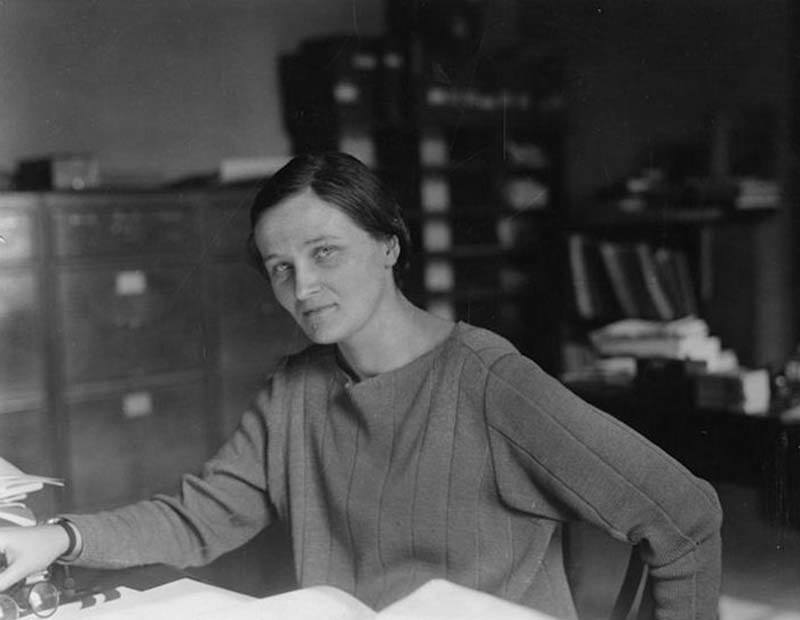
Cecilia Payne-Gaposchkin, who told us what stars are made of. Source: Wikimedia Commons
This English scientist studied botany, physics and chemistry at Cambridge University in the early 20th century, but migrated to the U.S. to be able to graduate and obtain her degree, something she could not do in the U.K. because of her gender (Cambridge, despite allowing women to study, refused to award them degrees until 1948).
At Radcliffe College — now part of Harvard — Payne became the first person to obtain a PhD in Astrophysics. In her thesis, which has been called “undoubtedly the most brilliant Ph.D. thesis ever written in astronomy,” she explained that stars were made of hydrogen and helium.
However, it wasn’t until years later that Payne’s discovery was broadly accepted, and this only happened because Henry Norris Russell — a man who actually cautioned Payne against presenting her conclusion that the sun was made predominantly from hydrogen — published similar findings. As you might guess, Russell received popular credit for it.
Nettie Stevens
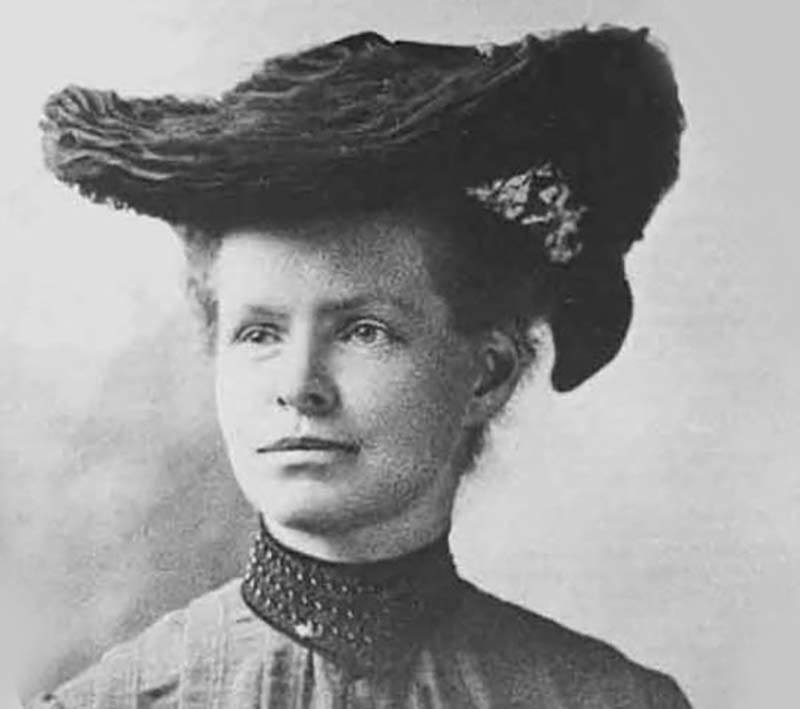
Nettie Stevens, American geneticist. Source: Wikimedia
This American geneticist, who completed her PhD in 1903, was the first to discover the importance of the Y chromosome in determining a given species’ sex. Before that, the scientific consensus was that the mother and environmental factors determined one’s sex.
A sadly familiar theme in this list of important female scientists, it was her male boss, Thomas Morgan — who had initially dismissed Stevens’ thoughts on the Y chromosome — who got credit for her 1905 discovery.
Next, read up on Ancient Greek scientist Hypatia. Then, after learning about some of history’s most accomplished female scientists, check out stories on the woman who delivered 3,000 babies at Auschwitz and Maria Mitchell, the United States’ first recognized female astronomer.





